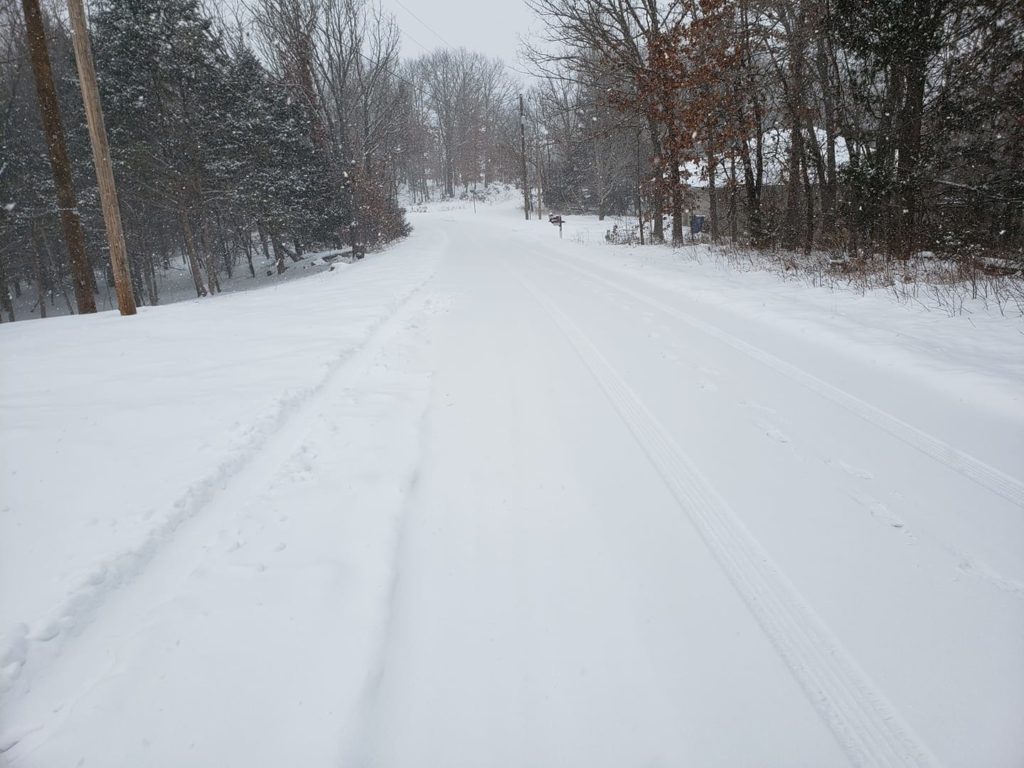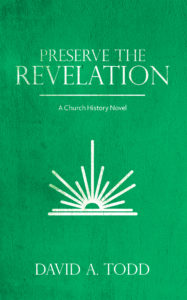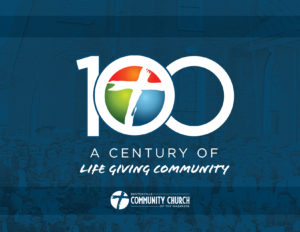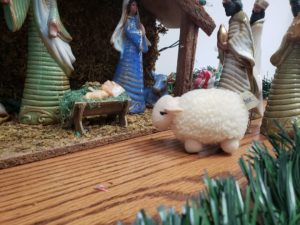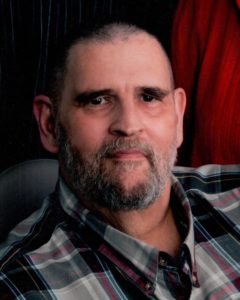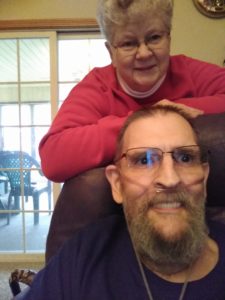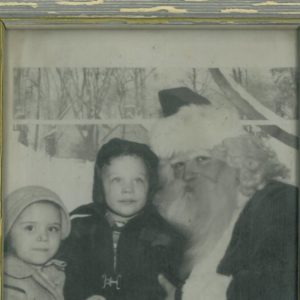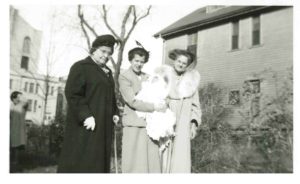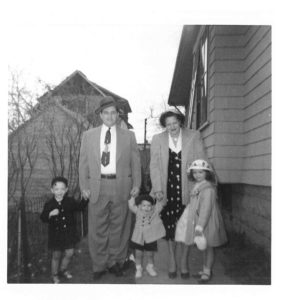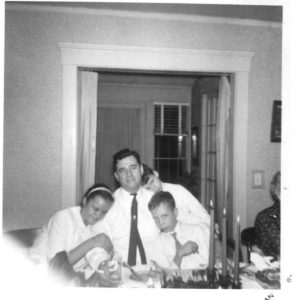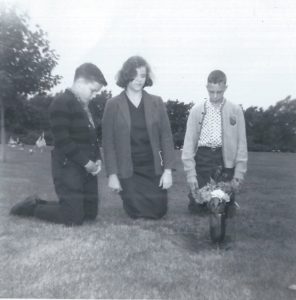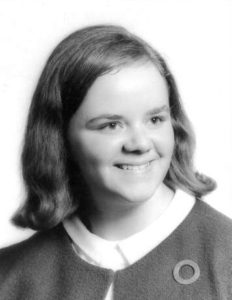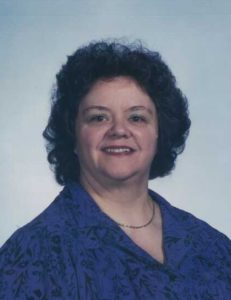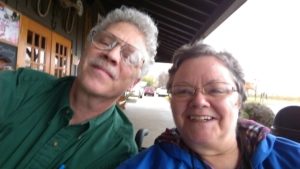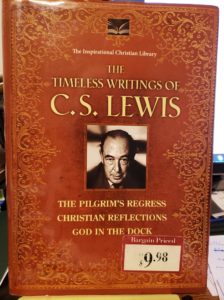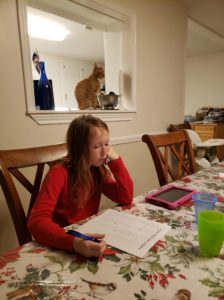
We are back in West Texas for a visit with our daughter’s family. I know, we were just here a month ago, but they had need for a babysitter last Friday night, and we said we’d come do it. We drove here last Thursday, and will likely leave for home tomorrow, though possibly not till Wednesday.
It’s been an easy gig. The four kids were reasonably compliant with doing their chores on Saturday. Even little Elijah, 5 years old, was given two chores. He had his sister write out a to-do list for him, as she was doing for herself. Grandparents can usually ride herd on the kids in a way the parents can’t. At least, they seem to do somewhat better with us in some ways, being a little quicker to jump-to-it when we ask them to do something.
Sunday was church. I went early with the three oldest kids, Lynda and Sara and Elijah coming later. Richard, as pastor, was already there. I attended men’s class for Sunday school, then, during church, I found an unused room, connected by Zoom, and taught our class at our home church remotely. The attendance was good, and the class went well. Of course, that mean I didn’t sit through a church service yesterday. Hopefully I can do so today on the replays.

It was difficult to work on writing during this time, so I’ve done a lot of reading. As much as possible, to be an example for the grandkids, I’ve been reading in a print book. So far, no real indication that it’s doing much good. Except maybe for Elise, who is reading Harry Potter: The Order of the Phoenix in a print book—but she has been doing that for a while. I was able to review two chapters for critique group, which meets on Thursday. I guess on Friday I managed to spend on hour on the Bible study I’m writing. I don’t feel like I got very far with it.

We have also had to care for Useless, Nitwit, and Nuisance, the three pets. Except, it’s now four pets. One grandchild was unhappy that he didn’t really have a pet, so they arranged for a rescue kitten to come join the menagerie. Except, the rescue kitten was in Oklahoma City. So we stopped there on the way here, met up with the rescue woman, and brought the new kitten here. The grandson named her Sapphire. While she is transitioning into the household with three pets there already (actually, more than that if you include the bearded dragon and the goldfish), she is needing a lot of attention. While I was wondering what nickname I could give the new kitten, Elise said it ought to be a name about a girl who needs a lot of attention. Obviously, I immediately named her Diva. Hopefully, with this pet the zoo is complete.
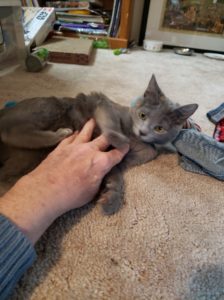
My plan is to leave the zoo tomorrow. We’ll take their recyclables and drop them in OKC, then get home by a good time, though too late to join an on-line writing group.
One bit of writing I did accomplish (besides this blog post). While sitting on the front porch yesterday, reading for 30 minutes before the onslaught of 20 people from their small group at church for a Super Bowl party, before reading I set my mind to writing a short poem. Nothing major, just a cinqain (a five-line poem). I don’t know if it’s any good, but it’s sitting there on my phone, waiting for me to decide what to do with it.
So, I will see you all on Friday, back home, probably in The Dungeon, in old routines.
